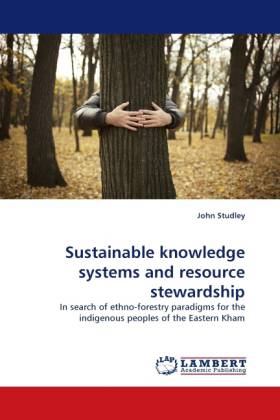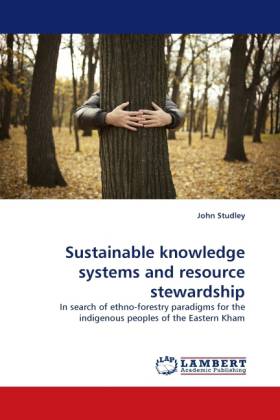
- Afhalen na 1 uur in een winkel met voorraad
- Gratis thuislevering in België vanaf € 30
- Ruim aanbod met 7 miljoen producten
- Afhalen na 1 uur in een winkel met voorraad
- Gratis thuislevering in België vanaf € 30
- Ruim aanbod met 7 miljoen producten
Zoeken
Sustainable knowledge systems and resource stewardship
In search of ethno-forestry paradigms for the indigenous peoples of the Eastern Kham
John Studley
Paperback | Engels
€ 77,95
+ 155 punten
Omschrijving
Policy-makers, project planners and development organisations are becoming convinced that the failure of the new socio-ecologically sensitive strategies co-opted by 'professional' forestry could be better addressed by indigenous forestry. They believe that indigenous forestry might assist with the development of successful forestry projects that are ecologically sustainable and socio-politically equitable. In order, however, to learn from indigenous forestry systems, the acculturation of foresters in the vernacular culture of the forest users appears to be an essential process for understanding and intervening in a local forest management complex. Acculturation entails not only more attention to the immaterial cultural realm, but an understanding of multiple resource stewardship, local ways of knowing and perceiving, local forest values and 'practices of care'. The main outcomes of this study include the cognitive mapping of forest values among 'Tibetan minority nationalities' in Eastern Kham, their spatial distribution and the coincidence of changes in forest values with cultural or biophysical phenomena.
Specificaties
Betrokkenen
- Auteur(s):
- Uitgeverij:
Inhoud
- Aantal bladzijden:
- 476
- Taal:
- Engels
Eigenschappen
- Productcode (EAN):
- 9783843382090
- Uitvoering:
- Paperback

Alleen bij Standaard Boekhandel
+ 155 punten op je klantenkaart van Standaard Boekhandel
Beoordelingen
We publiceren alleen reviews die voldoen aan de voorwaarden voor reviews. Bekijk onze voorwaarden voor reviews.











